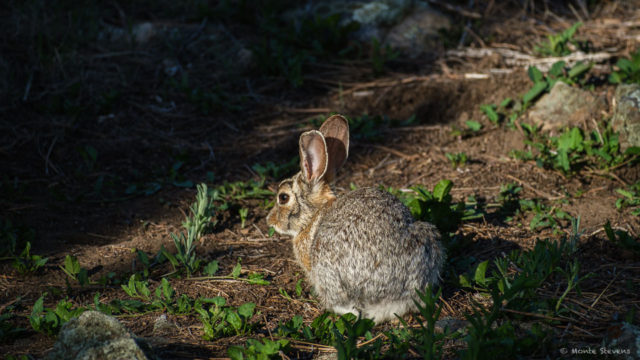In the Western tradition there is a recognized hierarchy of beings, with, of course, the human being on top—the pinnacle of evolution, the darling of Creation—and the plants at the bottom. But in Native ways of knowing, human people are often referred to as “the younger brothers of Creation.” We say that humans have the least experience with how to live and thus the most to learn—we must look to our teachers among the other species for guidance. Their wisdom is apparent in the way that they live. They teach us by example. They’ve been on the earth far longer than we have been, and have had time to figure things out.
Robin Wall Kimmerer, Braiding Sweetgrass
What a beautiful morning we have here in Colorado. Blue skies and sunshine. I have not read her book but think it’s one I do want to absorb some of her words and spirit. I also noticed Krista Tippett has a podcast with her that I want to listen to. Hope everyone has a wonderful day, enjoy it!

2 Comments
Tom Dills
I recently read Neal Stephenson’s ‘Termination Shock,’ and I think it was there that I read a similar statement in the context of using geoengineering to combat climate change.
In several of the National Parks we visited on our travels we heard stories of man trying to “fix” nature and having things turn out in ways that suggest nature wasn’t too fond of our attempt. There’s a lot we can do, and probably a lot more cases where ‘just because we can, doesn’t mean we should.’
Monte Stevens
Man seems to want to fix everything, even if it ain’t broke. I’ve also read of instances where our best thinking has created more problems in our personal lives, others lives, our politics, religion and of course nature. Totally agree with you, just because we can does snot mean we need to intrude.